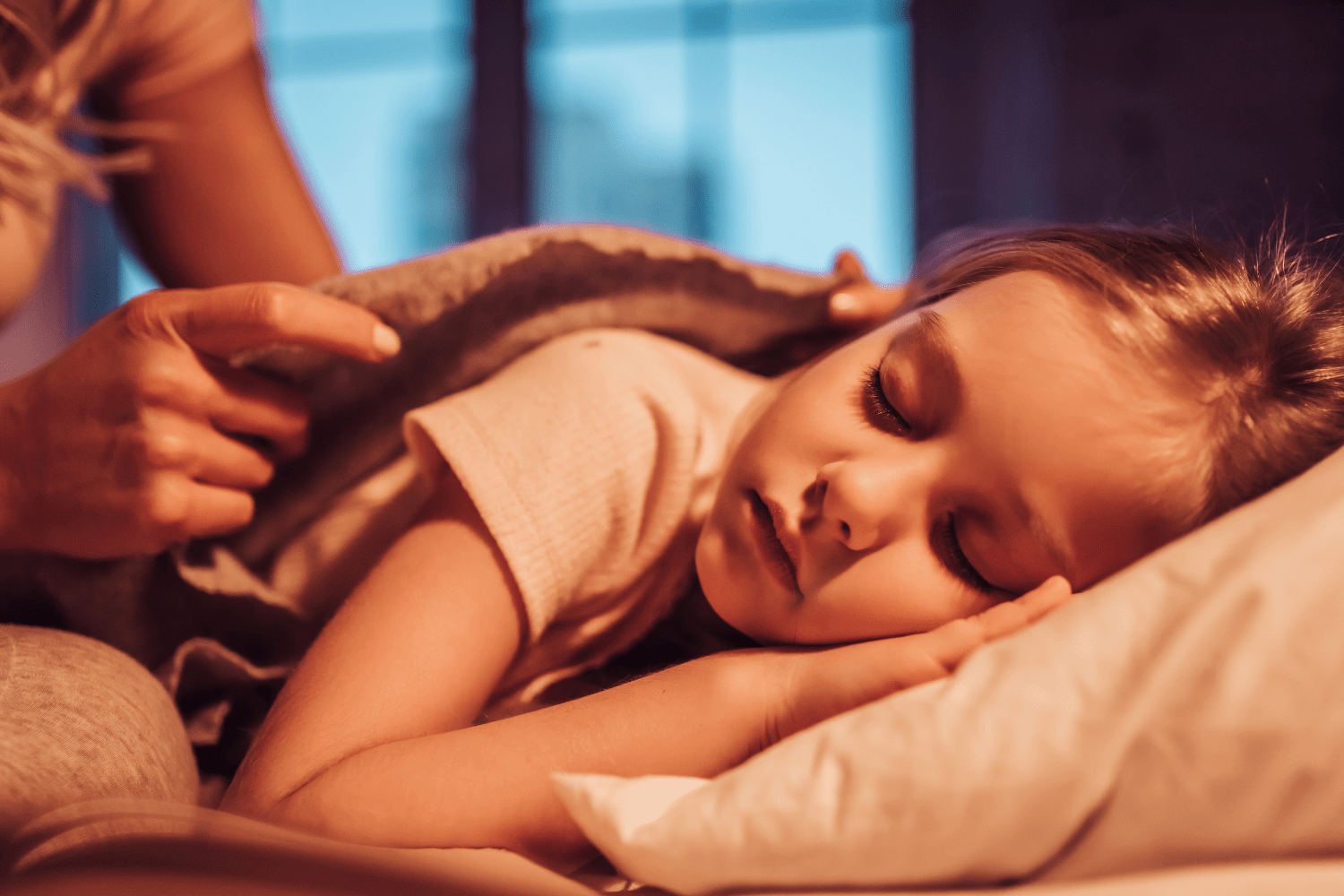Bedwetting: What you need to know

Bedwetting, also known as nocturnal enuresis, is when a child wets the bed during their sleep.
It’s not a conscious decision and doesn’t mean your child is just being lazy. ERIC, the bladder and bowel charity, reports that bedwetting affects over 500,000 children and teens in the UK.
Most children become dry during the day by the age of three or four. They recognise the feeling of a full bladder and want to go to the toilet. However, nighttime control can take a little longer.
- 1 in 10 wet the bed between the ages of five and six
- 1 in 8 wet the bed between the ages of six and eight
- 1 in 20 wet the bed between the ages 10 and 12
There are many reasons why children wet the bed, including:
- They don’t wake up when their bladder tells them it’s full. Their brain simply doesn’t get the message to wake up.
- Their bladder muscles may contract before the bladder is full, causing them to need to empty their bladder urgently and/or more often
- They might be producing too much wee due to a lack of a hormone called Vasopressin
- Their bladders might not have the stretch or capacity to hold all the wee they make during the night
- A full bowel, caused by constipation, causes pressure on the bladder, leading to nighttime and daytime wetting
- Anxiety, stress or changes in routine can delay a child becoming dry at night or can cause bedwetting in a child who had previously been dry
Bedwetting is usually caused by one of these things and help is available for all.
What to do?
If you need support for your child’s bedwetting, ask your school nurse about the support available.
Here are some steps you can take to help your child:
- Remain calm, positive and consistent. It’s very important that you praise your child’s efforts
- Reduce stress for your child by offering quiet time before bed where they can tell you any worries they might have
- As part of the bedtime routine, make sure your child goes to the toilet and returns for another try after 5-10 minutes (known as double voiding). This means your child will have fully emptied their bladder before going to bed
- Make sure your child sleeps in a darkened room. Vasopressin is released at night and the change in light helps with this. Encourage your child to go to the toilet if they wake during the night. You could use a night light to help them see where they are going
- Encourage your child to use the toilet regularly throughout the day
- Put a reward system in place so your child can see their progress – remember to encourage and praise your child on how well they’re doing
- Encourage your child to take some responsibility by helping to change the bed and put on clean nightwear, but this should not be as a punishment
Drinking
It’s really important that your child has plenty to drink throughout the day.
Although restricting drinks or stopping them after a certain time may sound like a good idea, it doesn’t stop your child from bedwetting. Reducing daytime drinks will make your child’s bladder smaller so it will hold less at night. It can also lead to an overactive bladder or a urine infection.
Your child needs around 6-8 drinks a day, and water is the best option. Avoid tea, coffee, energy drinks, dark coloured drinks, like blackcurrant squash, and fizzy or caffeinated drinks.
Your child can drink before going to bed – just don’t let them drink lots.
Things to avoid
Try to avoid the temptation of lifting your child when they are sleeping and taking them to the toilet. They need to be aware of how their own body works and understand its messages when it’s telling them to go to the toilet.
Avoid putting a nappy or pull-up on your child overnight. This will mean your child feels dry and comfortable after they have wet, and won’t encourage them to become dry.
The main thing to remember is to be calm and reassuring. If you’re positive and calm, your child will be too.

